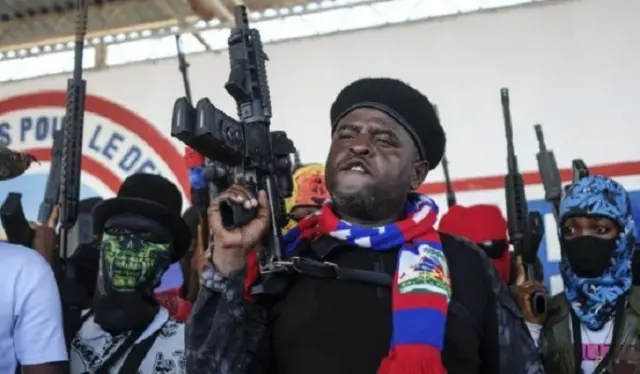
In the midst of Haiti’s political turmoil, the deployment of Kenyan police forces seemed to be a beacon of hope for restoring stability. However, unforeseen roadblocks have hindered their efforts, leaving the situation in a state of uncertainty.
In the latest hurdle, a political party in Haiti rejected a seat it was offered at the transitional council. The council is expected take over following Prime Minister Ariel Henry’s resignation and will be tasked with naming an interim government before elections. The council will consist of 7 voting members and 2 observers.
The Council’s mandate will be to restore law and order and to make sure that all stakeholders are represented during the formation of the interim government.
Haiti has been grappling with political unrest for years, with protests, violence, and corruption plaguing the nation. In an attempt to alleviate the crisis, the Haitian government through the United States and the UN sought assistance from Kenya, renowned for its expertise in peacekeeping missions.
The deployment of Kenyan police officers was initially welcomed with optimism, as Haitians hoped for a resolution to the political impasse. However, logistical challenges and resistance from various factions have complicated matters, impeding progress and prolonging the crisis.
While well-intentioned, the deployment faces unexpected roadblocks, raising concerns about the effectiveness of external interventions in a deeply rooted political crisis.
As Haiti continues to navigate its way through this turmoil, the resilience and determination of its people remain steadfast, eager for a resolution that ultimately benefits the nation as a whole.
About the Author
Isaac Mbugua is a Senior Journalist and Digital News Writer at Diaspora Messenger News Media







